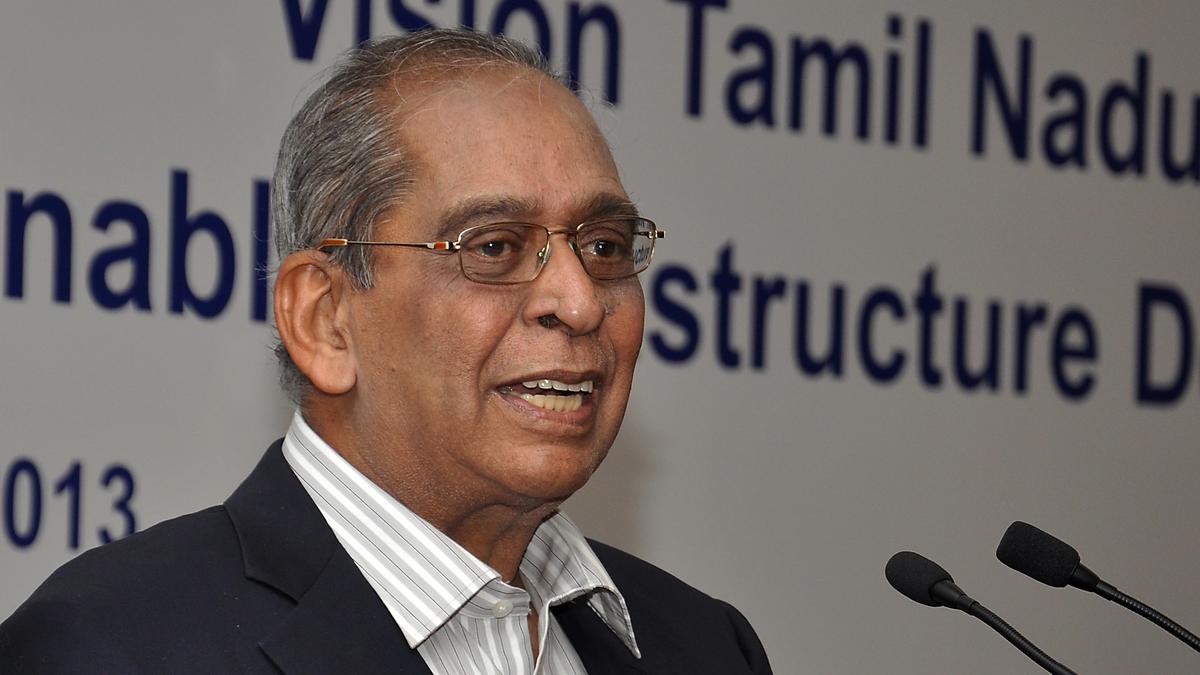The famous author Terry Pratchett once said ‘Rumour is information distilled so finely that it can filter through anything,’ and we could not agree more.
It can be said without an iota of doubt that rumours have become one of the most common phenomena in our lives – thanks to the advent of social media! While taking a rumour seriously on rare occasions may not be a harmful activity, students and candidates must strictly refrain from paying heed to suspicious information particularly when they are preparing for a crucial examination.
Let’s think of a situation – you are spending hours preparing for your board examinations. However, days before your examinations begin, you come across suspicious information on social media related to your exam. Two things may happen – you sense something wrong and simply let it go. But, if you end up believing the information, there are possibilities of it having a disastrous impact on your examination.
Even the Central Board of Secondary Education (CBSE) has been time and again warning students from becoming victims of rumours on social media. Recently, the CBSE released a notice to warn candidates of Class 10 and Class 12 board examinations to warn them against rumours and fake information concerning the exams. The CBSE said that certain unscrupulous elements had tried to spread rumours on social media platforms like YouTube, Facebook, X, and Telegram in the past about paper leaks.
As per the Board, the miscreants were trying to circulate fake links to sample papers with the claim that questions would be from those sample papers. These elements intend to fleece the gullible students and parents as they demand money in return. CBSE said that it is closely monitoring the situation with the help of law enforcement agencies to take stern action against persons involved in circulating fake news on social media platforms.
Not just this, the Board had released another notification wherein it identified 30 fake social media handles that were using the name and logo of CBSE.
Team Hindustan Times spoke to few experts from the academic circle and also students to know what the possible consequences of rumours can be and how can one stay away from them.
Nilakshi Baruah, Principal of a Government High Secondary School in Assam, feels that rumours and fake information may have a profound impact on a student’s academic performance. She said, “I have seen many students getting lured by some information that they may stumble upon on social media. In few cases, the students tend to find the easier way out instead of putting some constructive hours in their preparation. What they do not realize is that there are no shortcuts to success.”
Also read: IIM Indore student offered ₹1 crore salary package from e-commerce company
Now here’s the good news – staying away from rumours is not a hard thing to do, say academicians and also students who experienced such instances. Following are the five easiest ways to shield yourself from rumours:
1.The lesser the social media usage, the better it is
Let’s admit it – most of us tend to quickly check our favourite social media platforms during breaks. While it may be therapeutic, chances are you may end up seeing certain pop-ups or notifications from random web pages with information that directly or indirectly concerns your exams. While it would be only human to click on such websites, that may not be the right thing to do. “Pop-ups with catchy titles have become so common these days that most individuals, including adults, can be lured to click on them. Pop-ups are one of the easiest ways used by miscreants to spread false information,” says Debajit Paul, a mathematics teacher from Guwahati.
“It’s always best to avoid social media during exams. At least, you are not distracted by unnecessary information,” added Debajit.
2. Trust information only from the official source
It must be always kept in mind that when it comes to important information regarding an examination, only the official source must be trusted. For instance, the CBSE in its notification concerning the 30 fake sites, clearly instructed students to follow its official Twitter handle @cbseindia29 for verified and authentic information. In other words, the institution conducting the examinations is the only authority that can inform or instruct candidates about a particular exam.
3. Verify the credibility
Suppose you come across a piece of exam-related information on a website that looks almost original, do not straightaway believe it. The first step to be done is to verify how authentic is the information. Manas Goswami, an engineering student from Odisha, said, “There have been instances in the past when I came across random information about impending examinations. On certain occasions, I even believed some of them as they looked so authentic. However, it was only after I clarified with my teachers and peers that I knew the information I had was false.
“I was lucky to have been aware of it before my exams. It is therefore extremely important to fact-check and verify information before assuming it to be true.”
Also read: CTET January 2024 result declared, steps to check scores
4. Take appropriate action
Sometimes, taking strong action against a person or a group that spreads false information is always the best thing that you can do. Standing up against what is wrong goes a long way in preventing a negative outcome. Besides, it also helps others to be aware of the source that they are not supposed to believe. One of the ways to take action is by alerting the examination board about those spreading fake information. In most cases, the board takes such complaints seriously and takes necessary steps against those indulging in unauthorized practices.
5. Alert others of the false information
Another sensible thing to do after coming across fake information is to make others aware of it. Let your peers as well as teachers and parents know about the false information that you have seen. The easiest way to do that is to put up a social media post. By doing so, you will save many others from falling into the trap of rumours. “After what I have experienced, I have made it a point to help my peers not fall prey to fake information. I usually alert others by putting up a status on WhatsApp and Instagram, which soon becomes a chain after my friends put the same alert on their respective profiles,” said Manas.







